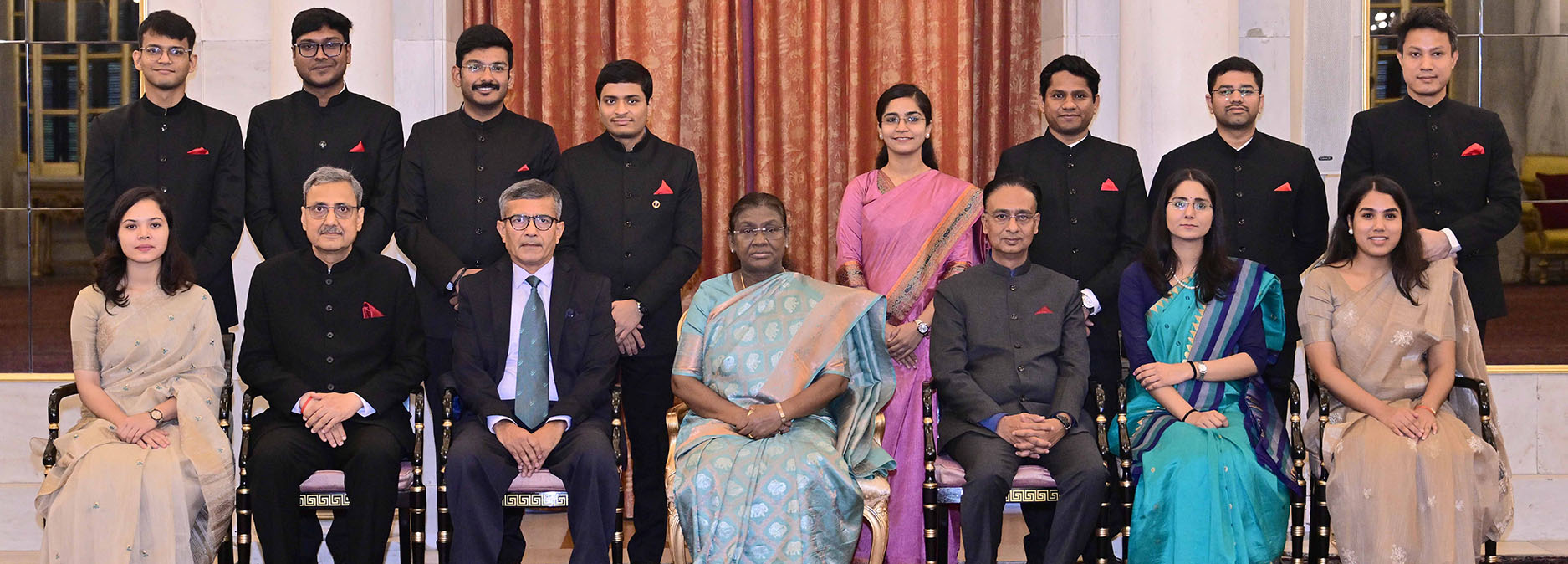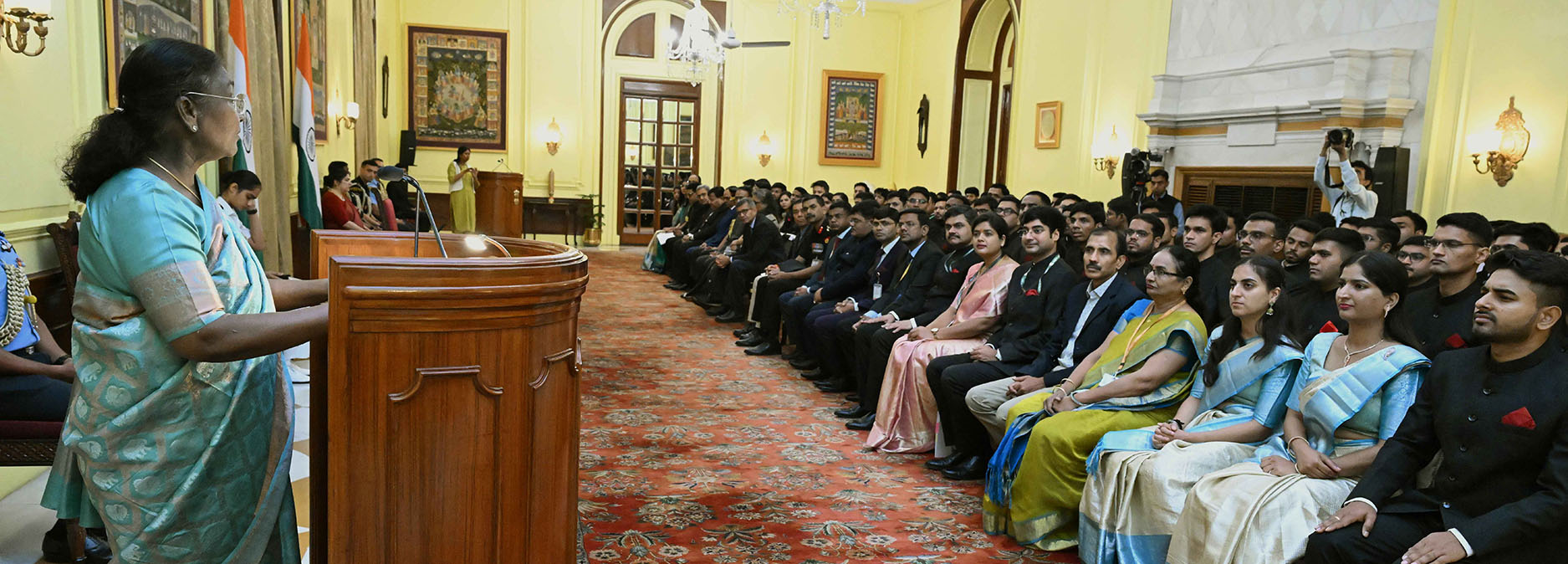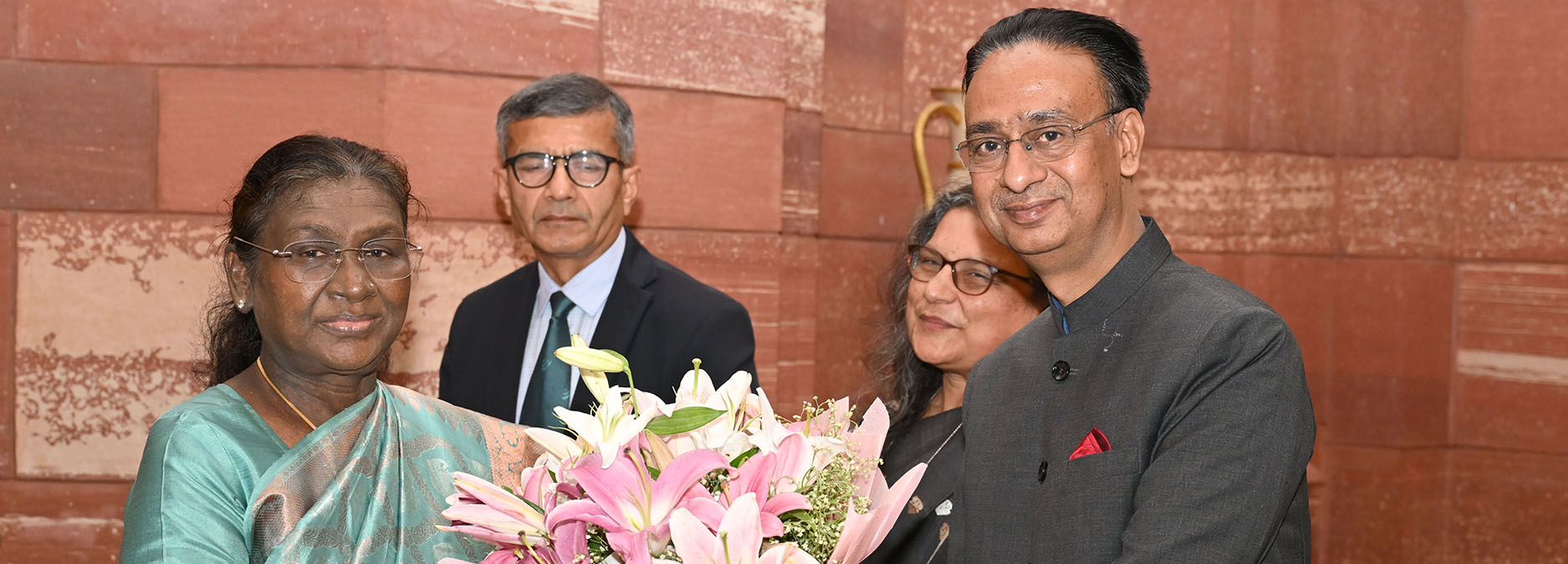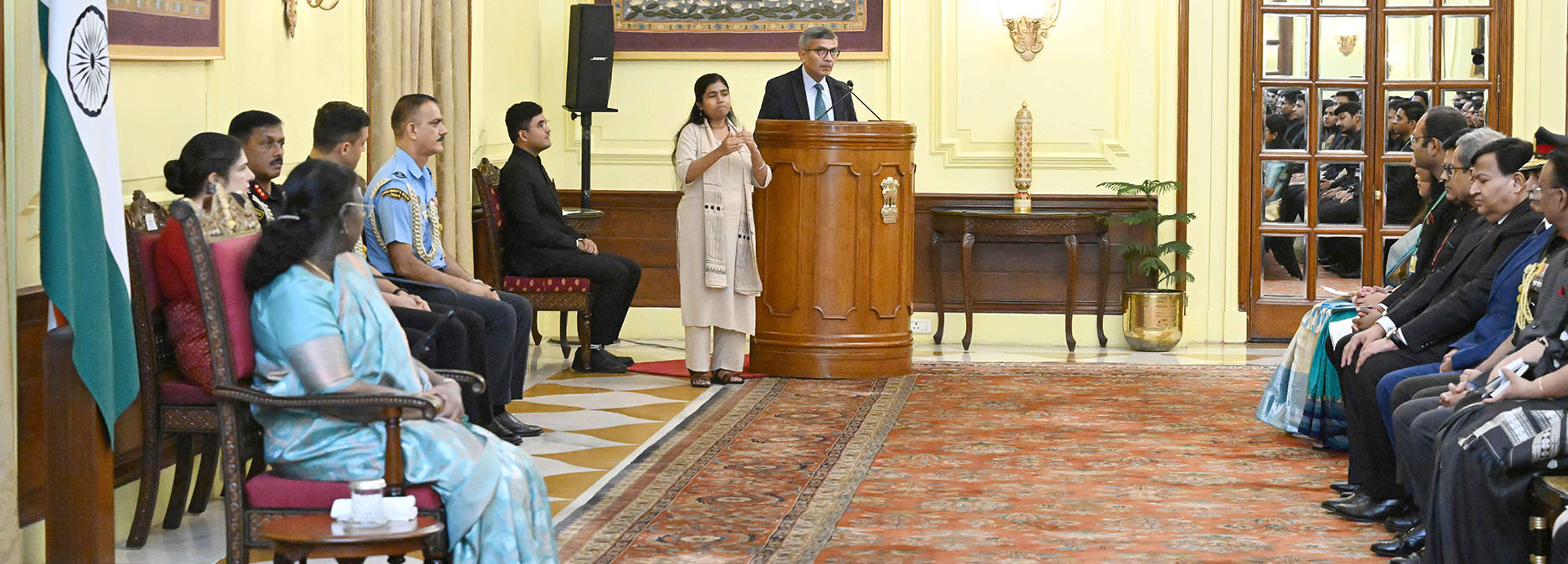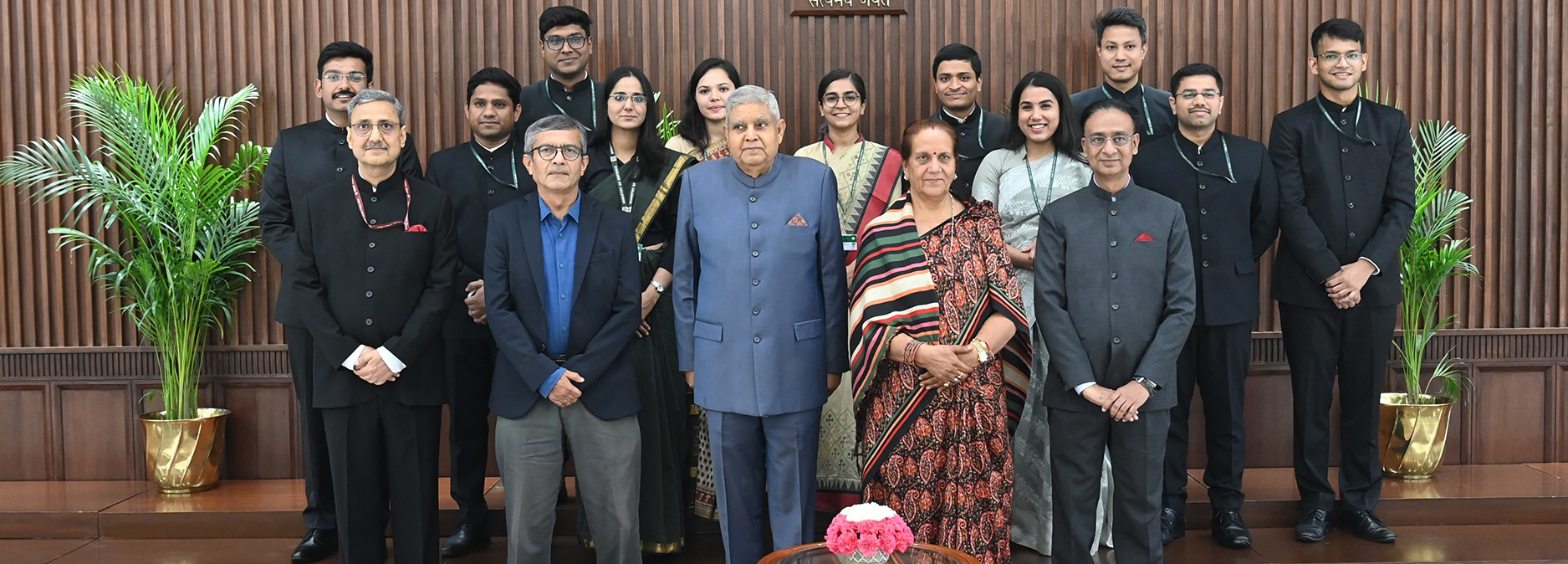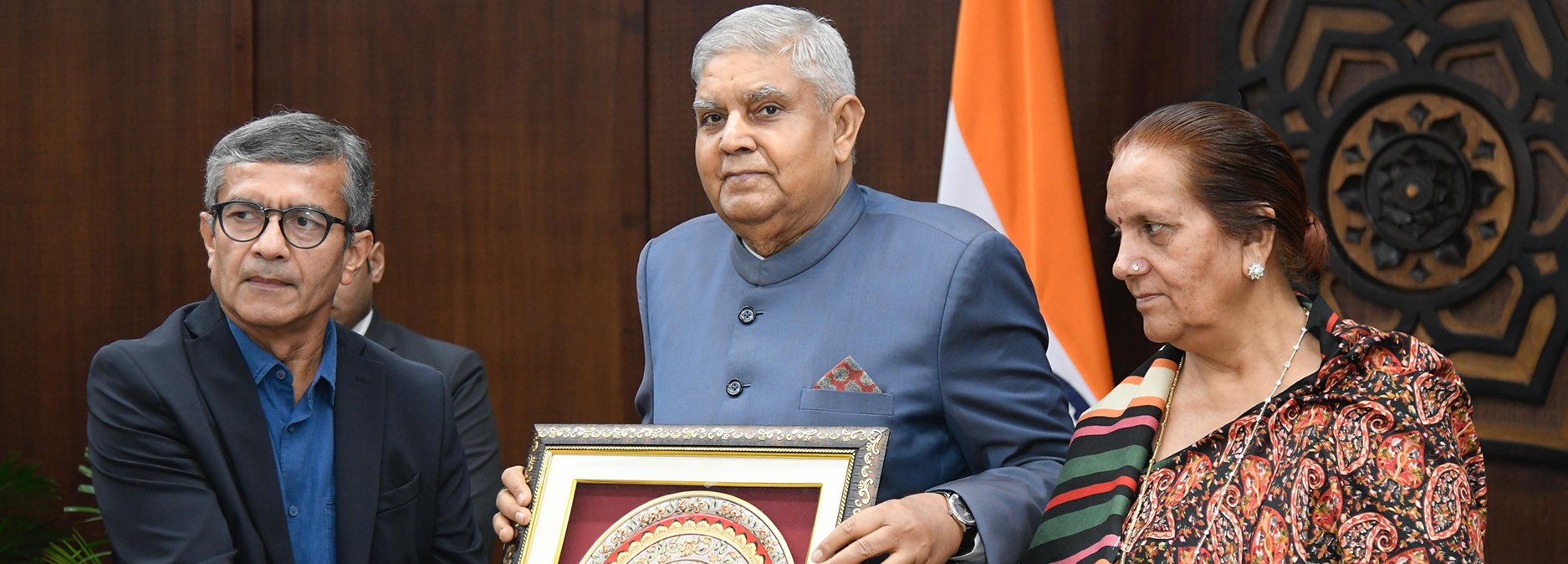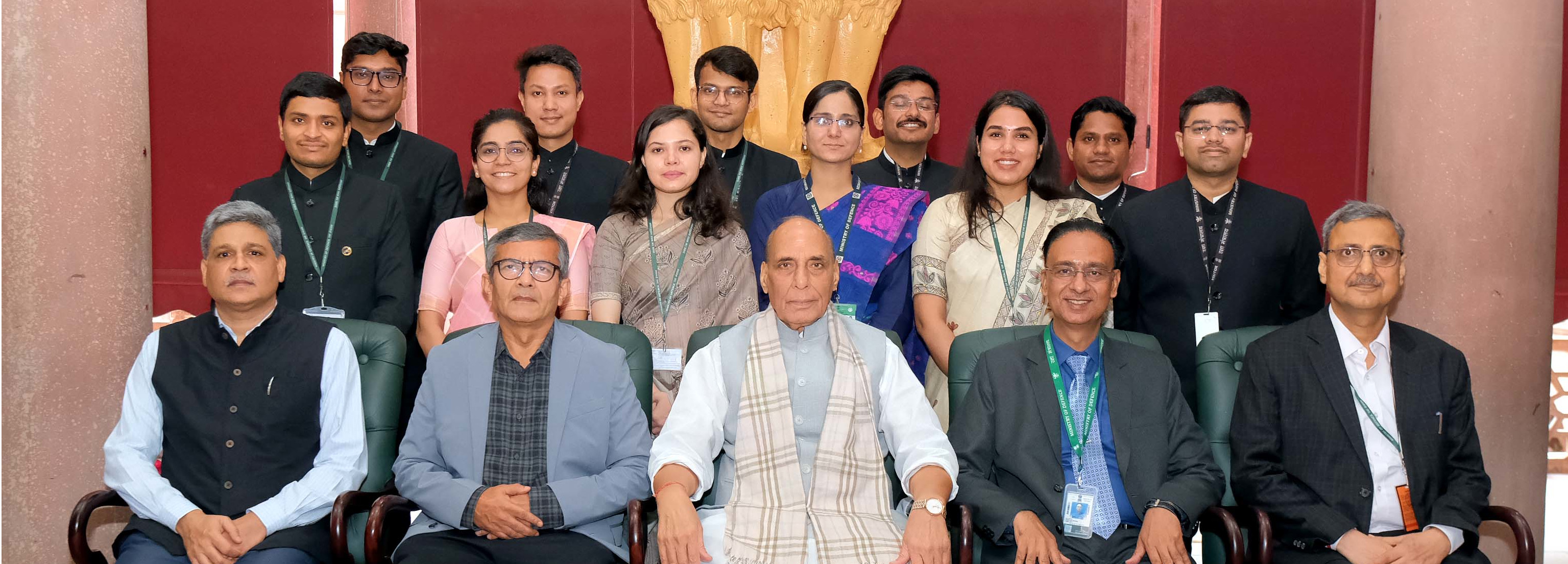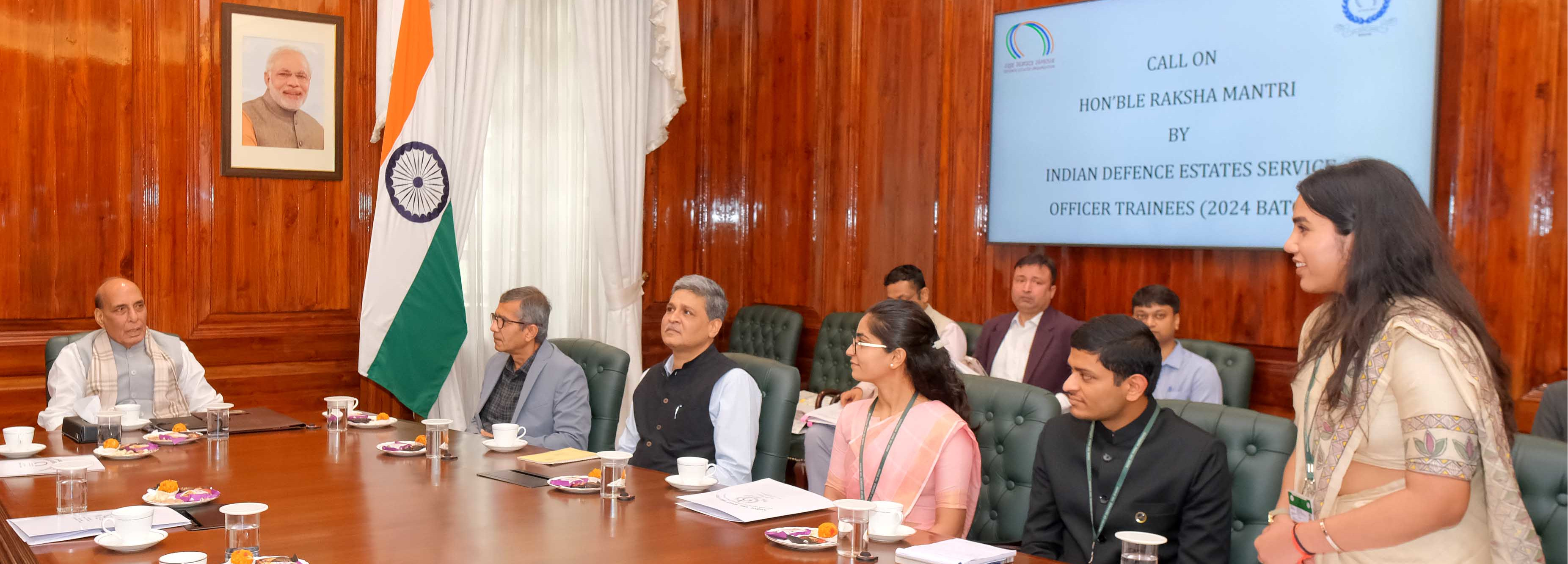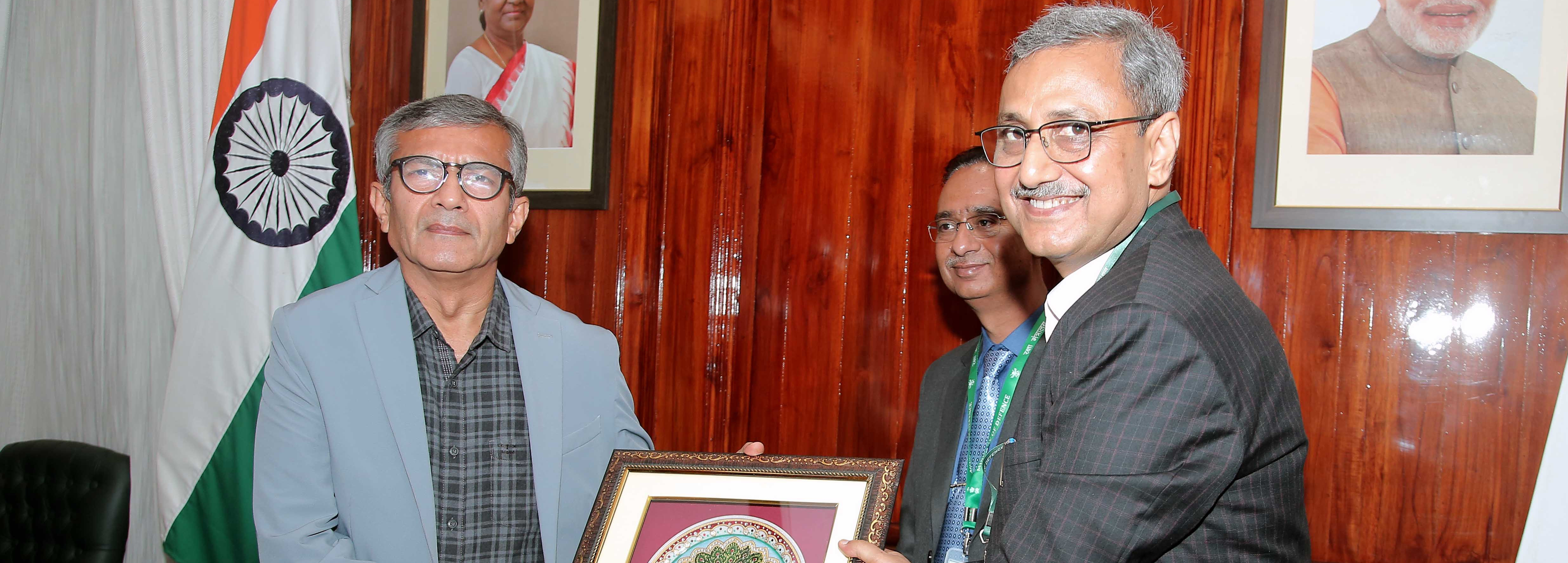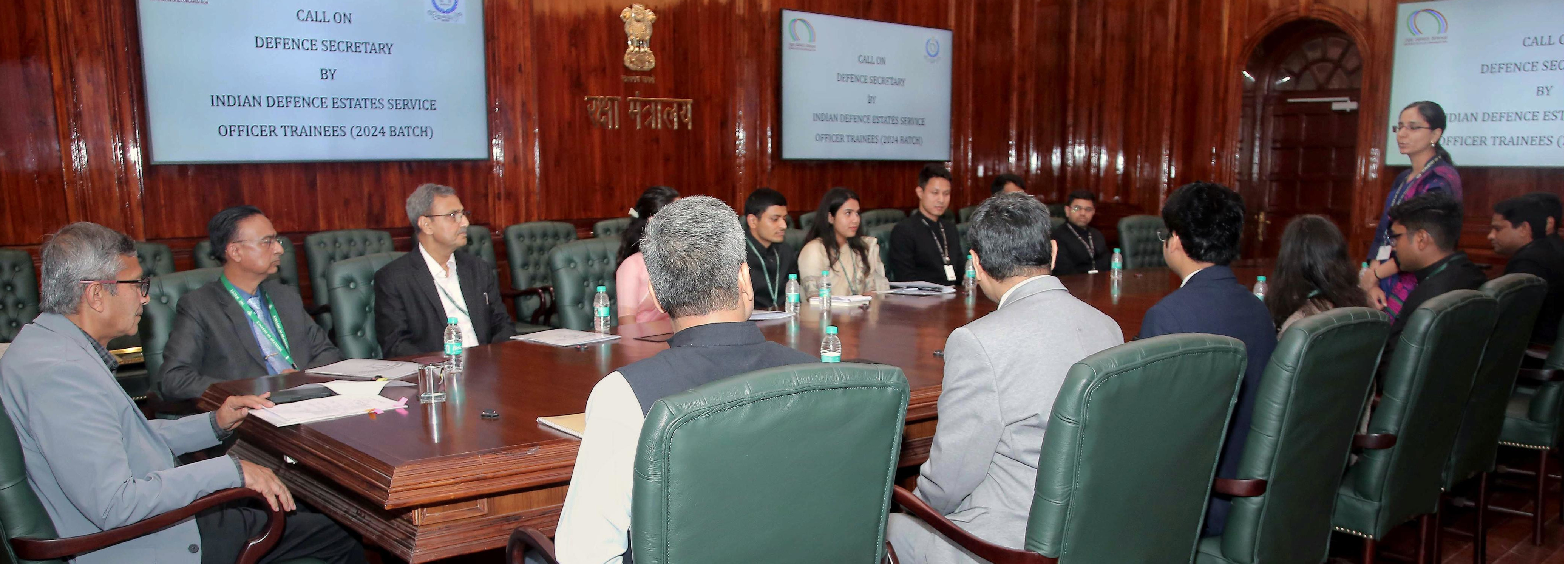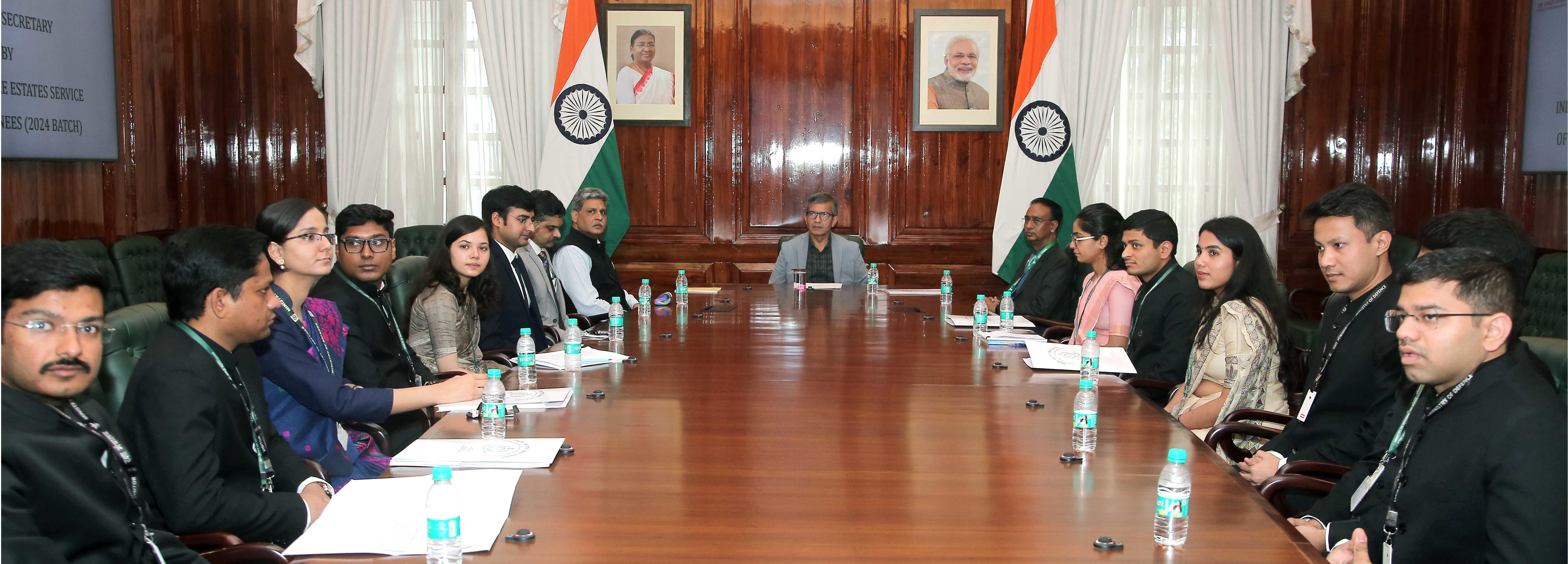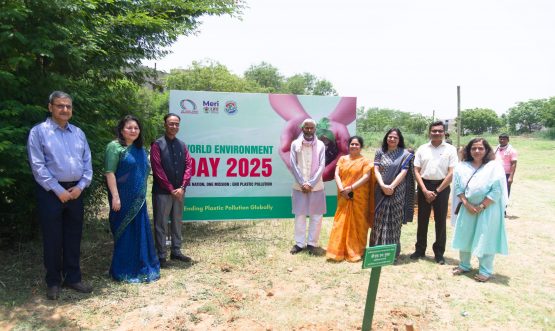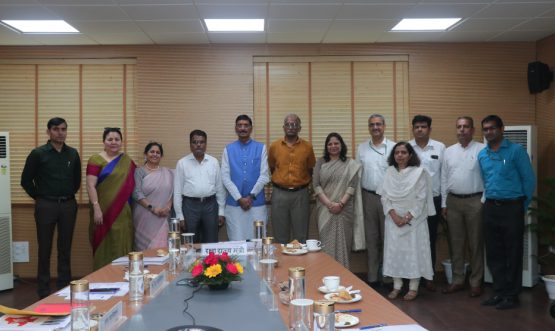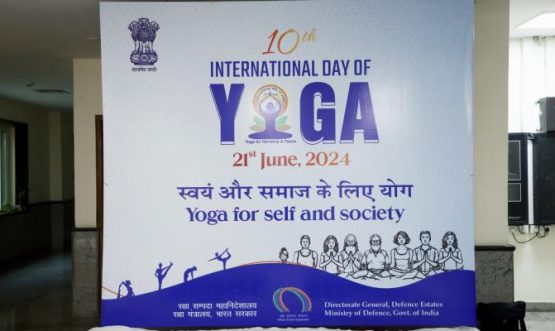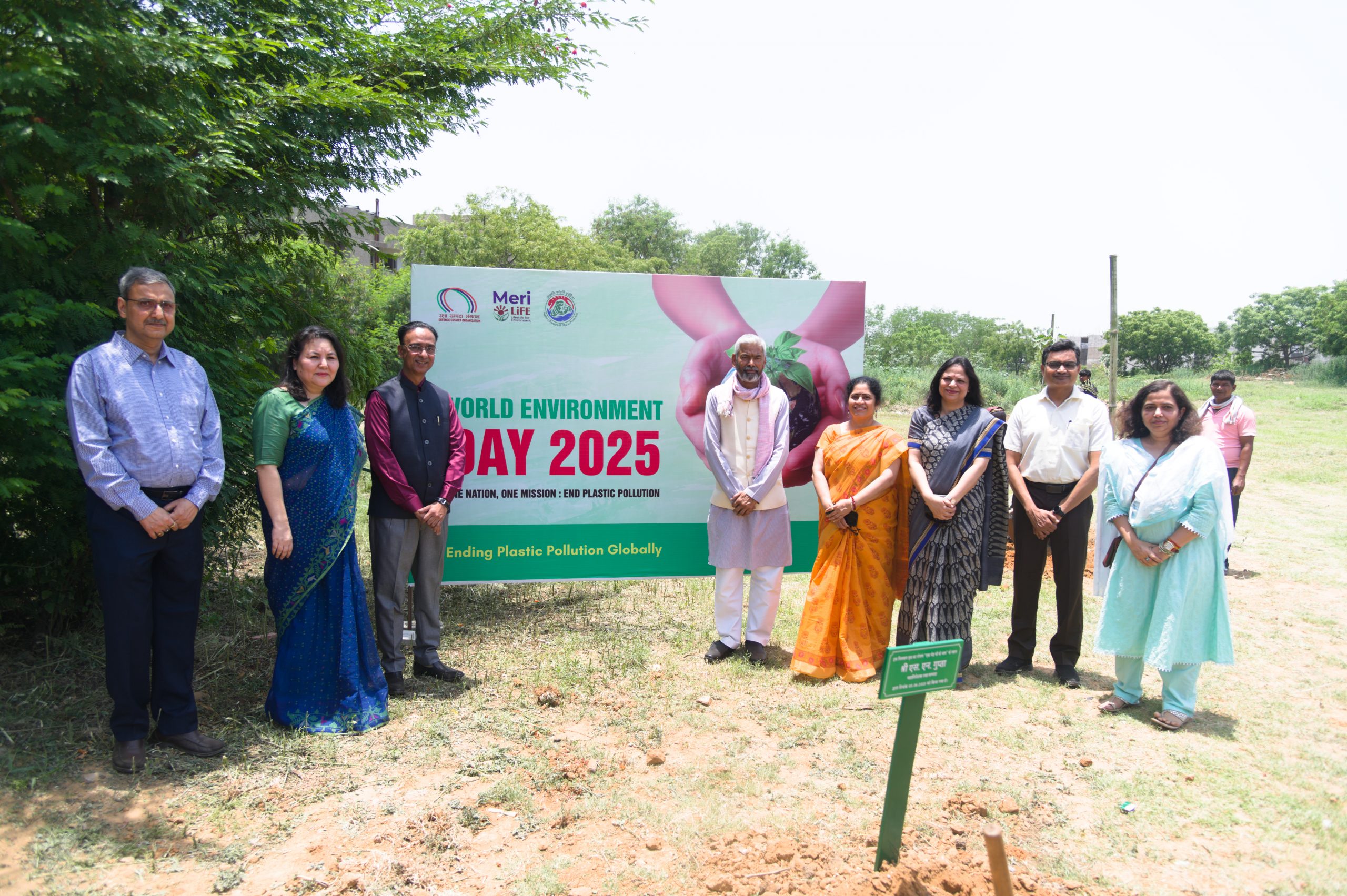हमारे बारे में
रक्षा संपदा महानिदेशालय भारतीय रक्षा संपदा सेवा का मुख्यालय है। रक्षा संपदा महानिदेशालय रक्षा मंत्रालय तथा रक्षा मंत्रालय के अधीन सेना, नौ सेना, वायुसेना तथा अन्य संगठनों को छावनी तथा भूमि संबंधी सभी मामलों पर परमर्शी इनपुट प्रदान करता है। भूमि का अधिग्रहण, विस्थापित लोगों का पुनर्वास तथा पुनःस्थापन, भूमि तथा भवनों को किराये पर [...]
और पढ़ें- भारतीय रक्षा संपदा सेवा समूह ‘ए’ अधिकारियों के संबंध में 15.08.2025 तक सिविल सूची का परिचालन 15-08-2025
- 01.05.2025 तक सहायक प्रशासनिक अधिकारी (एएओ) के संबंध में वरिष्ठता सूची 06-08-2025
- भारतीय रक्षा संपदा सेवा, समूह ‘क’ पद में वेतन मैट्रिक्स स्तर-12 [पूर्व-संशोधित वेतनमान ₹15,600-39,100/-(पीबी-3) ₹7,600/- ग्रेड वेतन के साथ] में कनिष्ठ प्रशासनिक ग्रेड (साधारण ग्रेड) में पदोन्नति 24-07-2025
- भारतीय रक्षा सम्पदा सेवा अधिकारियों की स्थानांतरण/तैनाती- एसएजी स्तर से नीचे 24-07-2025
- रक्षा संपदा महानिदेशक और निदेशक रक्षा संपदा, पूर्वी कमान द्वारा आठ पूर्वोत्तर राज्यों में सेना अधीनस्थ भूमि के मूल्यांकन और उपयोग पर विशेष रिपोर्ट दि 16.07.2025 को रक्षा सचिव को प्रस्तुत की गई 17-07-2025
- आईडीईएस अधिकारियों के स्थानांतरण/तैनाती – एसएजी स्तर से नीचे 17-07-2025
दिखाने के लिए कोई पोस्ट नहीं
स्वतंत्र बाहरी मॉनिटर (आईईएम)
-
श्री आर. मुकुंदन,
आईआरपीएस (1984) (सेवानिवृत्त),
ए, 204, कासाग्रेड एरिस्टो नंबर 5
नोबल-आई स्ट्रीट, अलंदूर, चेन्नई - 600016 (तमिलनाडु)
मो:9790344575,
ई-मेल: r[dot]mukundan29[at]gmail[dot]com -
डॉ शरत कुमार आचार्य, (सेवानिवृत्त),
203, दूसरी मंजिल, टावर-5,
विपुल गार्डन घाटिकिया, भुवनेश्वर - 751003 (ओडिशा)
मो.9442118060, 754498285
ई-मेल: sarat777[at]redifmail[dot]com

माननीय रक्षा मंत्री

माननीय रक्षा राज्य मंत्री



